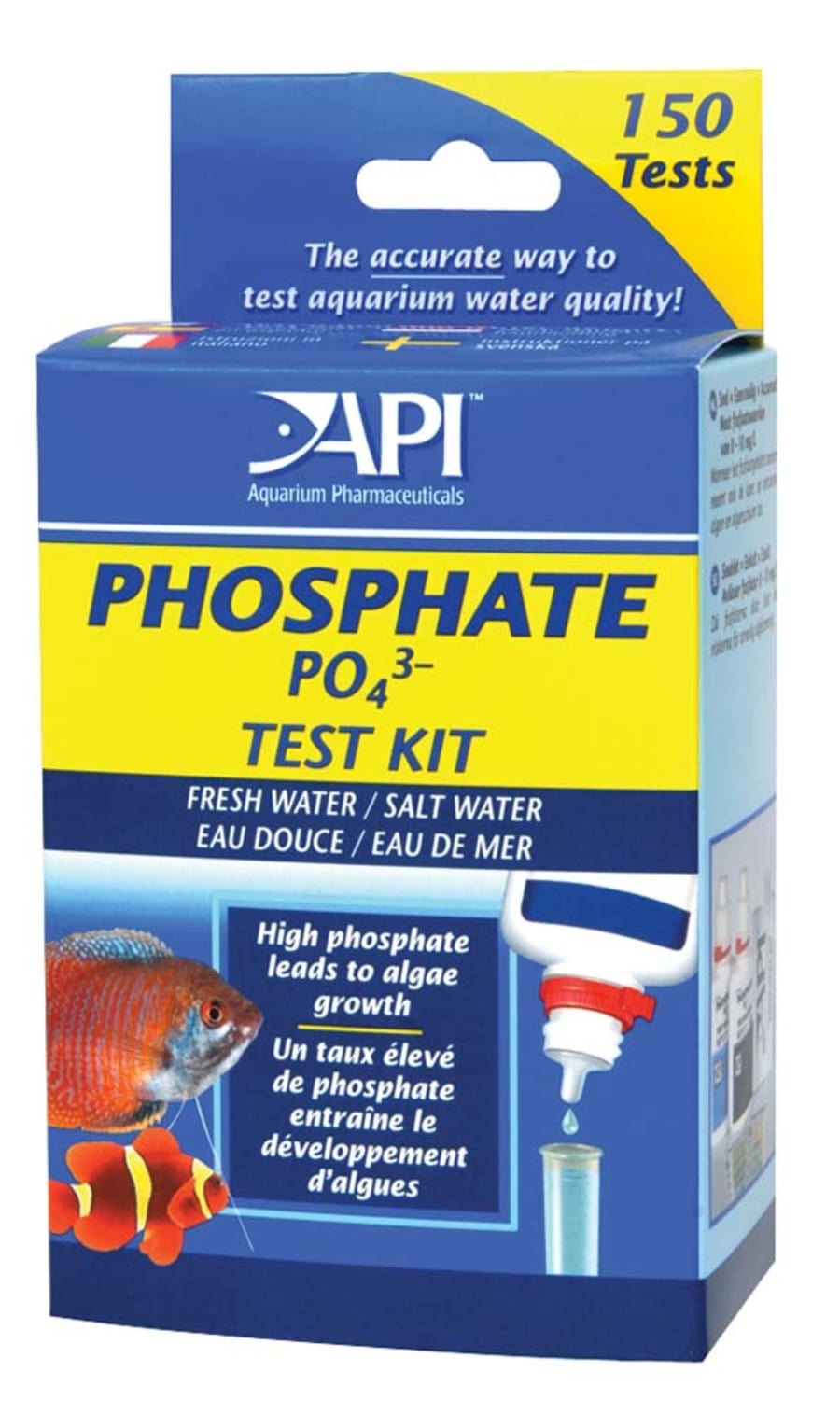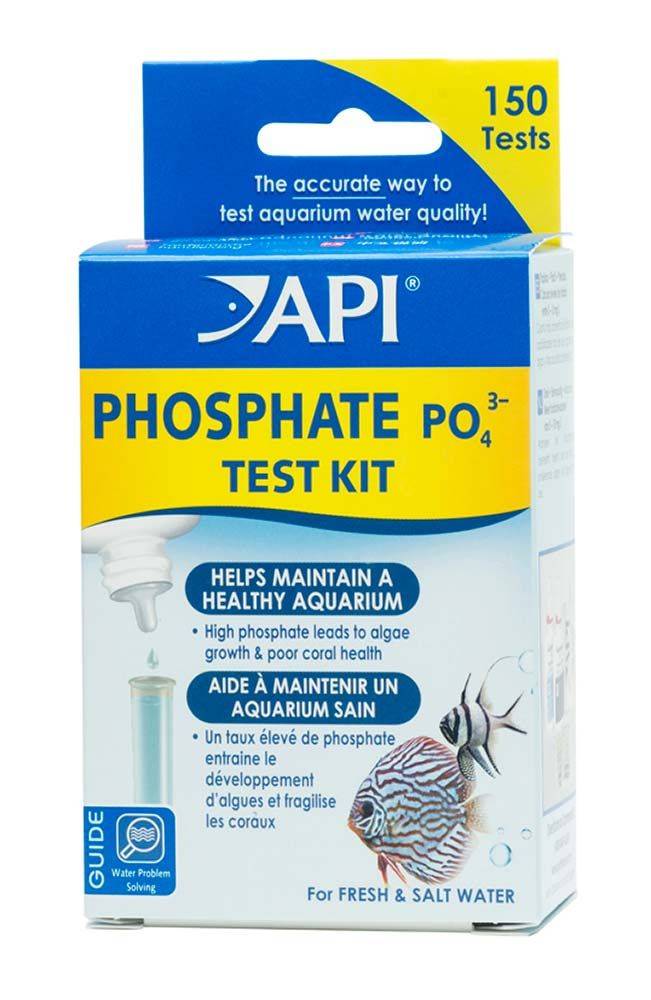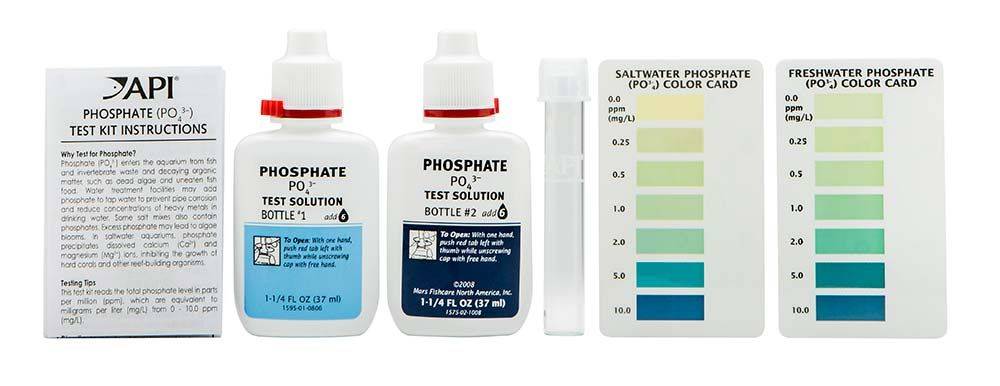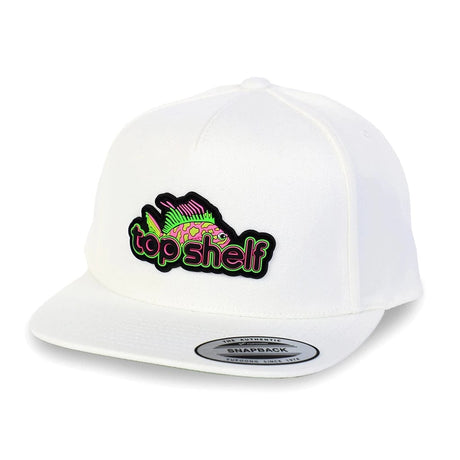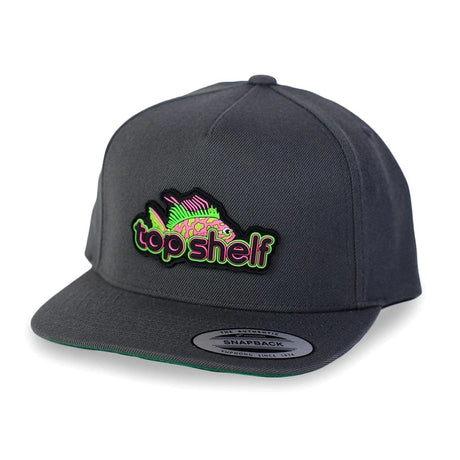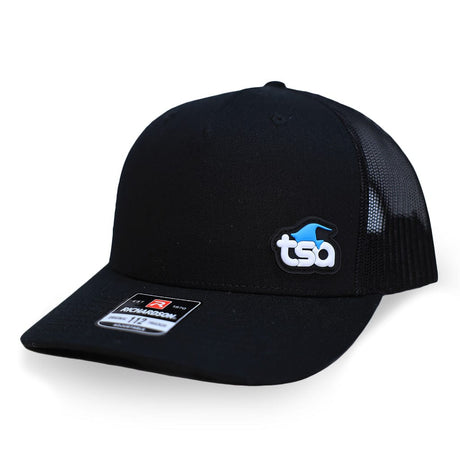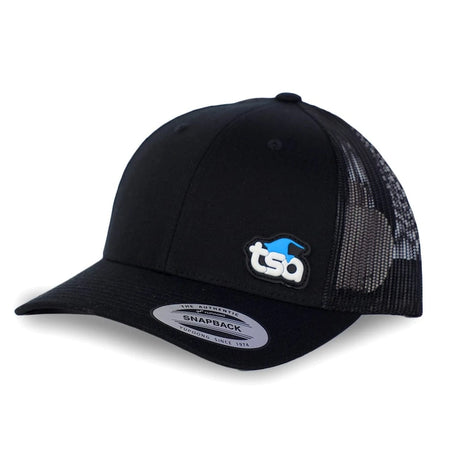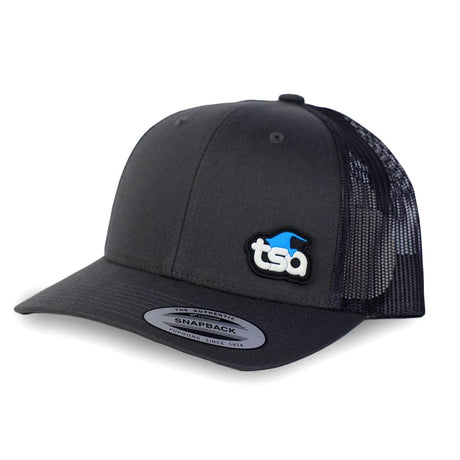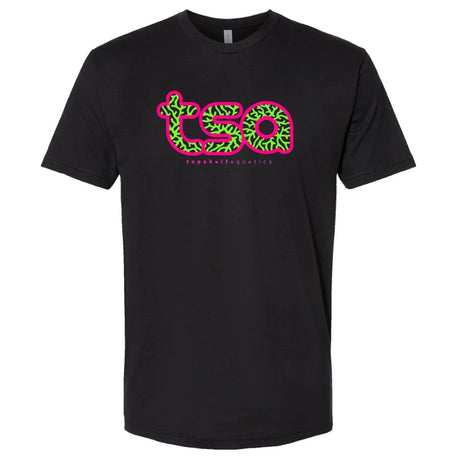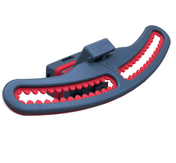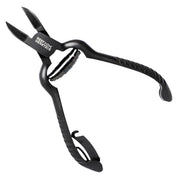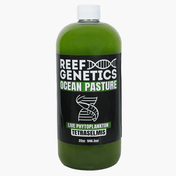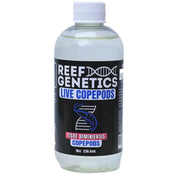Phosphate can enter your aquarium through tap water, fish waste, and decaying organics such as uneaten food and dead algae. Excess phosphate contributes to unsightly algae and green water blooms, and in saltwater, excess phosphate can inhibit the growth of hard corals. The API PHOSPHATE TEST KIT tests phosphate levels from 0 to 10 ppm so that you can easily monitor the condition of your aquarium water and may be used in both fresh and saltwater aquariums. This test kit is easy to use and economical, delivering about 150 tests.
Why test for Phosphate?
Phosphate enters the aquarium from fish and invertebrate waste and decaying organic matter, such as dead algae and uneaten fish food. Water treatment facilities may add phosphate to tap water to prevent pipe corrosion and reduce concentrations of heavy metals in drinking water.
Unnecessary phosphate may cause an undesirable cloud or tint in aquarium water and frequently causes unsightly algae and green water blooms. In saltwater aquariums, phosphate precipitates dissolved calcium (Ca2+) and magnesium (Mg2+) ions, inhibiting the growth of hard corals and other reef-building organisms.
Testing Tips:
There are two Phosphate Test Color Charts – one for freshwater aquariums, and one for saltwater aquariums – so be sure to use the correct chart for your type of aquarium when interpreting test results. The Freshwater Phosphate Test Color Chart is the appropriate chart to use for testing freshwater aquariums to which salt has been added or for testing a pond.
Directions for Testing Phosphate Levels
- Read thoroughly before testing. Do not allow test solutions to get into aquarium.
- To remove childproof safety cap: With one hand, push red tab left with thumb while unscrewing cap with free hand.
- Fill the test tube with 5ml of water to be tested (to the line on the tube).
- Add 6 drops from Phosphate Test Solution Bottle #1 to the test tube, holding the dropper bottle upside down in a completely vertical position to assure uniformity of drops added to the water sample.
- Cap and shake the test tube vigorously for 5 seconds.
- Add 6 drops from Phosphate Test Solution Bottle #2 to the test tube, holding the dropper bottle upside down in a completely vertical position to assure uniformity of drops added to the water sample. Bottle #2 has a very thick solution and may require increased pressure while squeezing to release drops.
- Cap and shake the test tube vigorously for 5 seconds.
- Wait 3 minutes for full color to develop.
- After waiting 3 minutes. read the test results by matching the test solution against the appropriate Phosphate Test Color Chart. The tube should be viewed against the white area beside the color chart. Color comparisons are best made in a well-lit area. The closest match indicates the ppm (mg/L) of total phosphate (PO3–4) in the water sample. Rinse the test tube with clean water after each use.
What the Test Results Mean:
Ideally, the phosphate level should be zero in saltwater aquariums and freshwater aquariums or ponds, including those containing live plants. The phosphate level in a new aquarium will depend on the purity of the water used to fill the aquarium. Phosphate level in tap water can vary daily depending on the treatment process used. Phosphate tends to accumulate in established aquariums.
Reducing Phosphate:
To continually remove phosphate from the aquarium, one option is to use a phosphate-absorbing media Phos-Zorb or GFO. Phos-Zorb is a special filtration resin that removes phosphate and silicate ions from freshwater and saltwater aquariums.
Reducing Phosphate by Water Changes:
To quickly reduce phosphate levels, perform a partial water change. Remove any dirt and uneaten fish food from the bottom of the aquarium and change 25% to 50% of the water, depending on the phosphate concentration.To ensure your source water is free from copper and other contaminants, we recommend the use of RO/DI filtered water.
Free Shipping over $49
Free Overnight over $399
90 Day Returns w/ Reef Guard
Expert Customer Support
